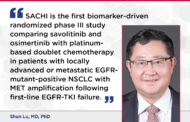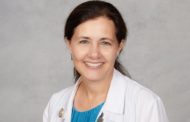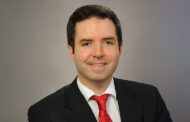While the 2022 World Conference on Lung Cancer in Vienna brought many in the thoracic oncology profession together in person, Covid-19 travel restrictions still prevented many from attending. With those restrictions now lifted, WCLC 2023 will soon allow many lung cancer professionals from around the world to see their colleagues face-to-face for the first time in years when the conference returns to Singapore September 9-12, 2023. And the excitement among those planning the conference shows as the meeting draws closer.
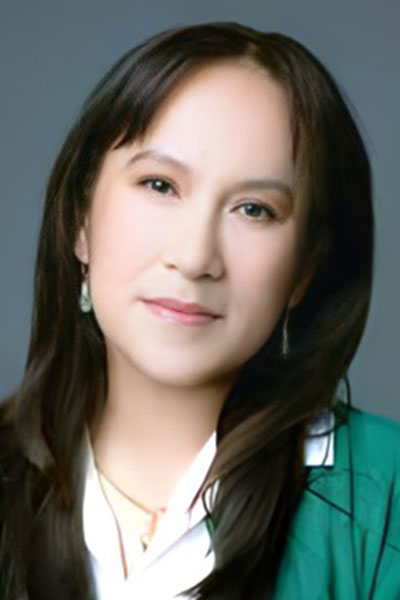
The co-chairs of WCLC 2023—Fiona Hegi-Johnson, MD, Peter MacCallum Cancer Center, Melbourne, Australia; Professor Pyng Lee, MD, National University Singapore, Singapore; and Chee Lee, MD, National Health and Medical Research Council at Sydney University, Sydney, Australia—recently spoke to ILCN about the upcoming conference. They shared their insights into the science that will be presented and offered recommendations for enjoying the meeting’s world-renowned host city. Here is what they had to say.
ILCN: Abstract submissions appear to have returned to pre-pandemic levels. As you reviewed the abstracts, what was your overall impression of the quality of the science submitted?
Dr. Pyng Lee: The quality is very good with a spread of topics that will be of interest not only to clinicians managing patients with lung cancer—including pulmonologists, thoracic surgeons, and radiation and medical oncologists—but because they are also strongly helmed in the science of lung cancer, the program will also appeal to basic scientists, researchers, and pathologists. This year witnesses several landmark trials that show promise in improving disease free and overall survival using combination treatment modalities and which add new evidence on established therapies to improve care.
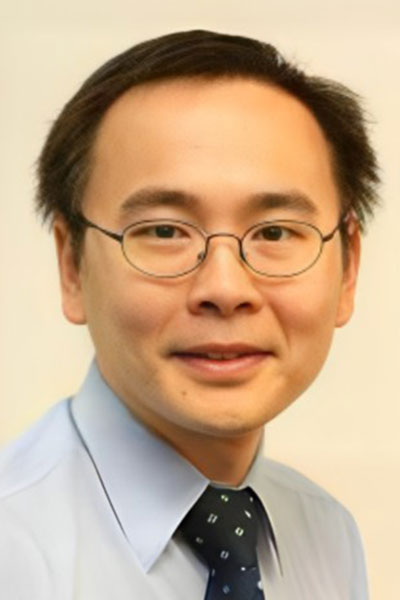
Dr. Chee Lee: I am very impressed by many practice-changing clinical abstracts that were submitted for WCLC 2023. These high-quality abstracts range from screening for detection of asymptomatic early-stage lung cancer to novel therapies and treatment strategies in late-stage advanced disease.
Dr. Hegi-Johnson: It’s true—the quality of science in the abstracts is exceptional, with several very high impact trials being presented that may well change clinical practice. What really stands out to me is the enormous breadth and appeal of the program. We have very high-quality work being presented in the Patient Advocacy; Multidisciplinary Care: Nursing, Allied Health, and Palliative Care; and Global Health, Health Services, and Health Economics tracks, which not only showcase excellent research but also focus on the broader needs of our profession. And, of course, our Opening Plenary features Her Royal Highness Princess Dina Mired of Jordan as well as Professor Gary Rodin from Princess Margaret in Toronto, who will address the psychosocial needs of our patients. It is a very well-rounded and appealing program.
ILCN: As you reviewed the abstracts and developed the program for WCLC 2023, did any themes emerge among the latest science in thoracic oncology?
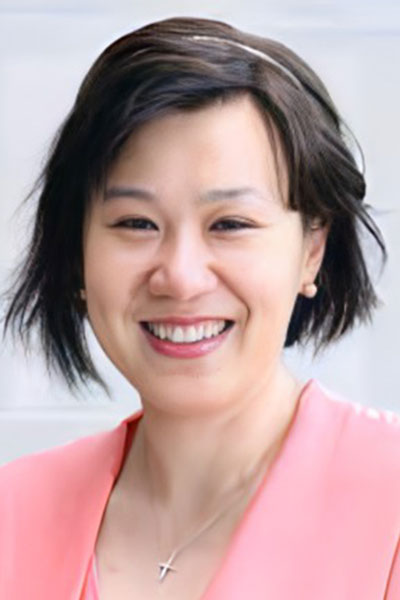
Dr. Chee Lee: Yes, I noticed several themes. Several abstracts will report on trials on optimal treatment in EGFR mutated non-small cell lung cancer (NSCLC), including combination osimertinib plus chemotherapy as upfront treatment for advanced disease, chemoimmunotherapy following progression after TKI use, and neoadjuvant immunotherapy in early-stage disease. In early-stage resectable NSCLC, surgical outcomes of patients treated with neoadjuvant chemoimmunotherapy will also be presented. Finally, multiple abstracts will report on tolerability and preliminary efficacy outcomes from antibody drug conjugates and their combination with immunotherapy as emerging treatment for advanced NSCLC.
Dr. Hegi-Johnson: As a radiation oncologist, it is going to be great to see our group engage with the evolving evidence in the locoregional management of lung cancer. This has become a fascinating area of practice, especially considering the recent exciting data coming out about neoadjuvant chemoimmunotherapy and surgery. There are several interesting sessions, including a debate around the optimal local management of early-stage lung cancer and a multidisciplinary panel that includes patient advocate Jill Feldman, who will help us make sense of the emerging evidence and its impact on decision making in the real world for both clinicians and patients.
Dr. Pyng Lee: Yes. I noticed several interesting studies in pulmonology and increasing interest in CT screening for lung cancer to enable early detection in Asia as well as research into broadening eligibility criteria to include individuals with light or no smoking history. Additionally, I noted interesting studies on bronchoscopic techniques incorporating emerging technologies. These advances could help to improve access to the screen-detected nodules for diagnosis and provide sufficient tissue for molecular characterization, next-generation sequencing, and staging, followed by bronchoscopic treatment with sublobar surgical resection in selected patients.
ILCN: What sessions or presentations are you most looking forward to during WCLC 2023? As you think about the program are there any “must-see” presentations on your list?
Dr. Hegi-Johnson: The plenary sessions are always a highlight for me. For the first time this year, we also have a dedicated Preclinical Biology track, and one of my must-see sessions will be the discussion between leading cancer researcher Zofia Piotrowska, MD, and patient advocate Lillian Leigh about translating work from the laboratory to the clinic. For me, this is at the heart of what we do as clinician researchers, but it is rare we get to hear both these perspectives engage.
Dr. Pyng Lee: Research data presentations with the potential to change practice guidelines—such as the presentations planned for the Closing Plenary Session: Advances in Lung Cancer Pathology—are must-see sessions for me. I also look forward to sessions focused on advocacy to ensure equitable access to drugs in Asia as well as seeing the emerging environmental data on the links between air pollution and lung cancer.
Dr. Chee Lee: There will be many interesting sessions, but all the plenary sessions will be at the top of my must-see list. In particular, I am looking forward to Princess Dina’s presentation on her global perspective in equity and access to lung cancer care. The Presidential Plenary featuring practice-changing clinical trials is always a “must-see” session.
ILCN: Beyond the science, what networking or social events are you looking forward to during WCLC 2023, and why?
Dr. Pyng Lee: I enjoy networking between sessions and during the faculty dinner. I also recommend attendees take some time to sightsee in Singapore and partake in our two national pastimes of eating—Singapore boasts nearly 300 restaurants in the Michelin guide, including 55 with at least one Michelin star—and shopping. I also recommend visiting the infinity pool at the Marina Bay Sands hotel for a panoramic view of Singapore. Other iconic sites worth visiting include the Gardens by the Bay, Sentosa Island, and the Singapore River Bumboat Cruise where you can see the Merlion—Singapore’s national mascot.
Dr. Chee Lee: I am looking forward to meeting with many colleagues that I have not been able to see in person for the past few years because of COVID-19 travel restrictions. I also hope to attend the faculty dinner to meet and thank the track chairs for volunteering their time to develop this impactful WCLC 2023 program.
Dr. Hegi-Johnson: I love the opportunities for informal networking that an in-person meeting gives, so I am looking forward to seeing many of my colleagues in person for the first time in some years and checking out all the fabulous local food with them. And of course, I’m very much looking forward to all the events, especially the IASLC Benefit Supporting Early Career Researchers at the historic Clifford Pier at the Fullerton Bay Hotel. It is one of the most beautiful places in Singapore! And there will be dancing too!


